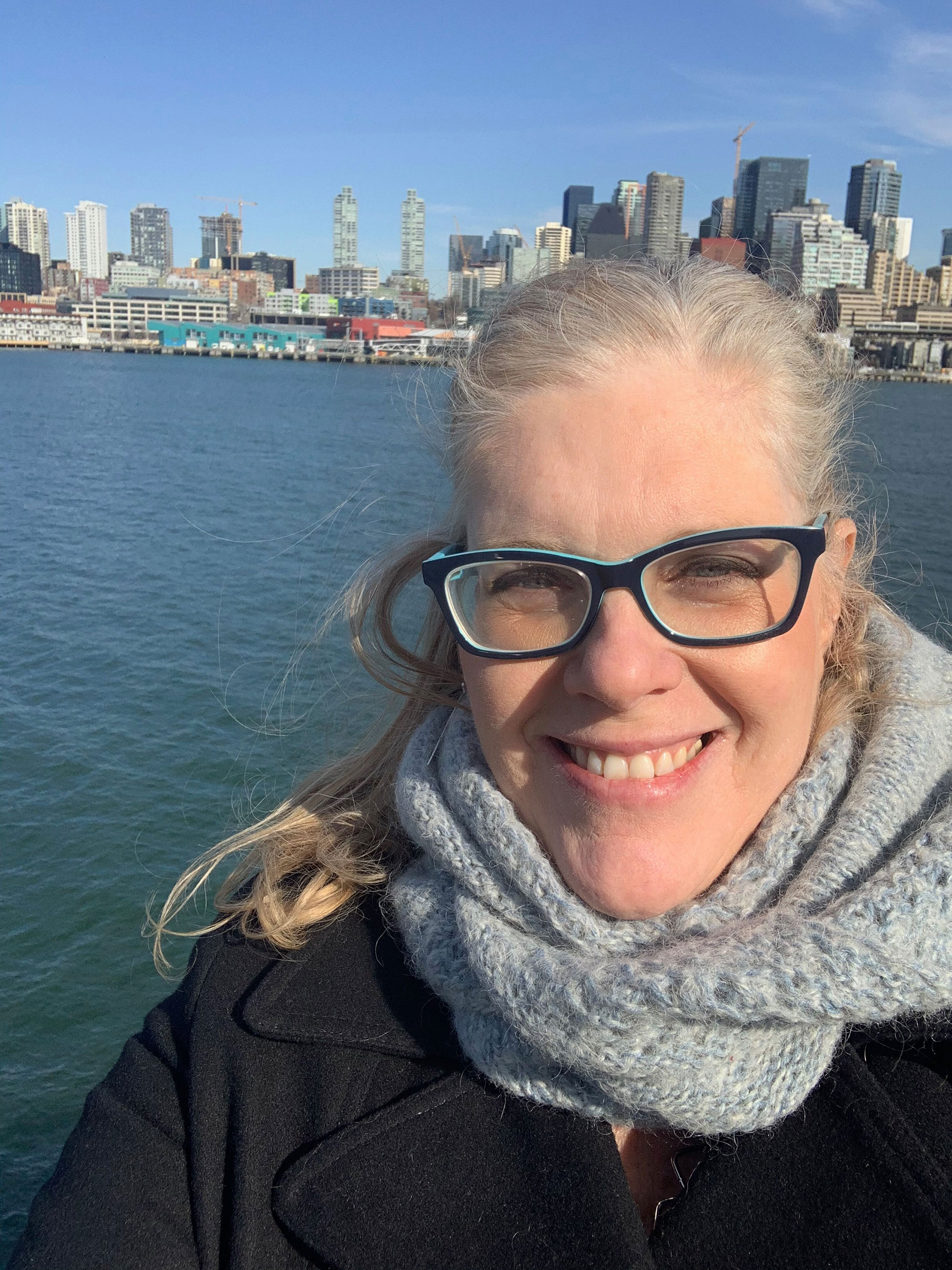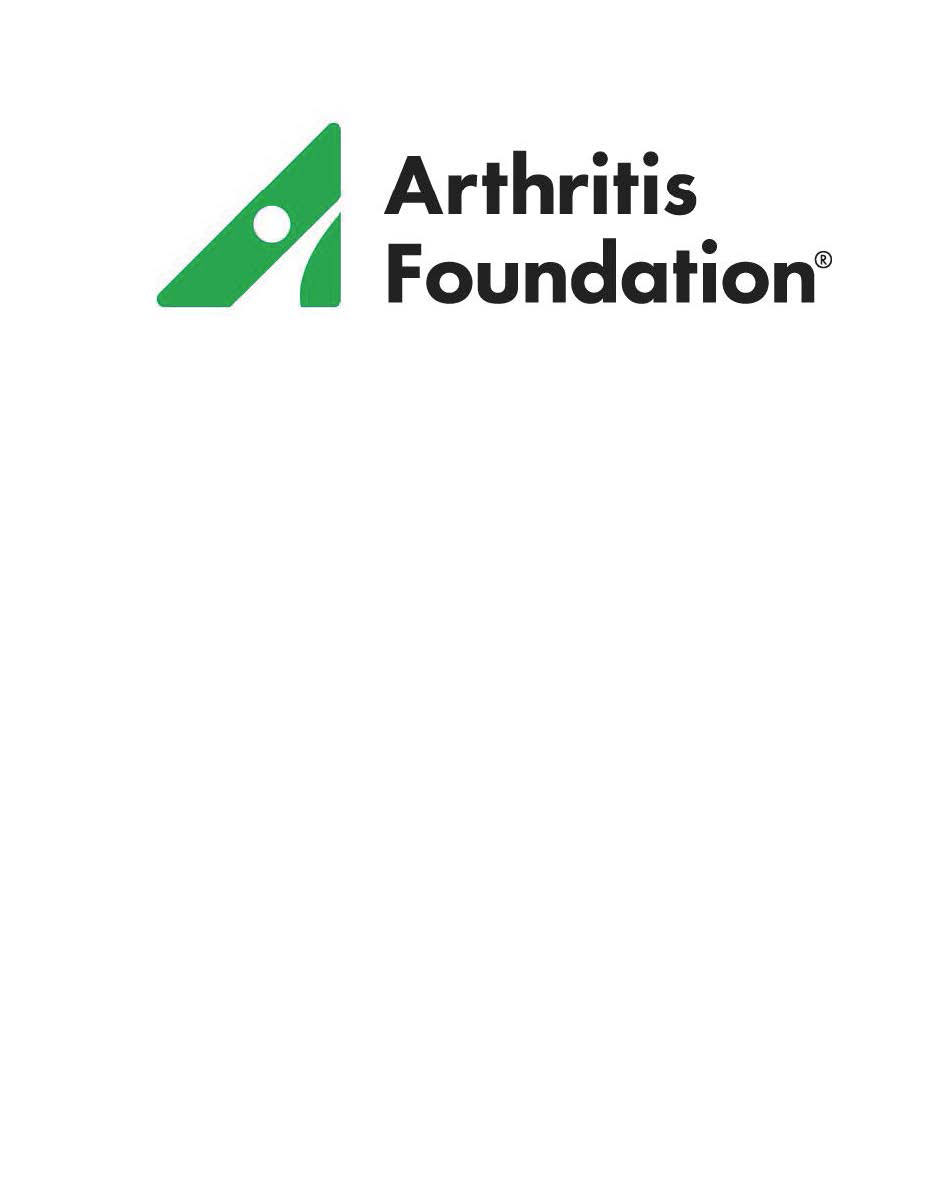Session Information
Date: Saturday, November 12, 2022
Title: Patient Perspectives Poster
Session Type: Poster Session A
Session Time: 1:00PM-3:00PM
Background/Purpose: I am a patient who lives with moderate to severe RA. My quality of life is dependent on medications such as a biologic, DMARDs and anti-inflammatories. I live a combined 20-minute drive and 35-minute ferry ride from my healthcare clinic in downtown Seattle, so an in-person visit is not always possible, especially during a pandemic.
Intervention: The specific intervention was coordination of care through multiple channels such as patient portal, telehealth, and in person visits. In June of 2020 I developed an itchy rash. My healthcare is coordinated in Seattle by a multi-specialty clinic. This team includes my primary care physician, rheumatologist, and expanded to include an allergist, dermatologist, dietitian and pathologist. Dermatology took a biopsy, that came back as a lichenoid drug reaction. The issue was, given my cocktail of drugs, which particular drug was the culprit?
Maintenance: The dermatologist was not familiar with RA. She hypothesized that the drug reaction could be caused by several of the mediations I take. My healthcare team started the process of drug elimination and substitution. My dermatologist coordinated with my rheumatologist, and my primary care doctor. I was put on a dose of steroids and over the counter antihistamines. The care team then began the difficult process of communicating among themselves to strategize and plan for a methodical discontinuation of my RA drugs one at a time without causing a flare. I treated the rash with anti-itch steroid creams, oral steroids and antihistamines. After several medication substitutions, my skin condition subsided. My medication regimen changed.
Quality of Life: The notion that a patient can communicate with multiple providers through an online portal, upload photos of a condition when a physical exam is not possible and explain outcomes with these providers through the portal improved my outcome in a situation where care coordination could have been challenging and difficult; trying to explain lab results, discuss likely triggers of a lichenoid drug reaction, and spend valuable clinical time catching up a specific specialist-physician on the latest treatment or test result and overarching plan for treatment. Using a multi-pronged approach with different specialists with different methods of delivering care resulted in an overall positive outcome. Test results, prescriptions and provider notes were all stored in my electronic health record and any treating physician could read through the treatment plan and test results without the barriers involved when utilizing multiple practices. Healthcare systems need to understand patients have a need and ability to communicate with their treating physician in different ways to provide optimum access to care and improve outcomes. The patient experience is far more positive when a healthcare team has the ability to communicate and coordinate seamlessly with each other about a patient. Relying on a patient to understand test results and relay other specialists’ notes to another treating physician can be problematic.
To cite this abstract in AMA style:
Genoves L. Coordination of Care by a Healthcare Team for Unexpected and Unusual Side Effects Occurring During a Global Pandemic [abstract]. Arthritis Rheumatol. 2022; 74 (suppl 9). https://acrabstracts.org/abstract/coordination-of-care-by-a-healthcare-team-for-unexpected-and-unusual-side-effects-occurring-during-a-global-pandemic/. Accessed .« Back to ACR Convergence 2022
ACR Meeting Abstracts - https://acrabstracts.org/abstract/coordination-of-care-by-a-healthcare-team-for-unexpected-and-unusual-side-effects-occurring-during-a-global-pandemic/



